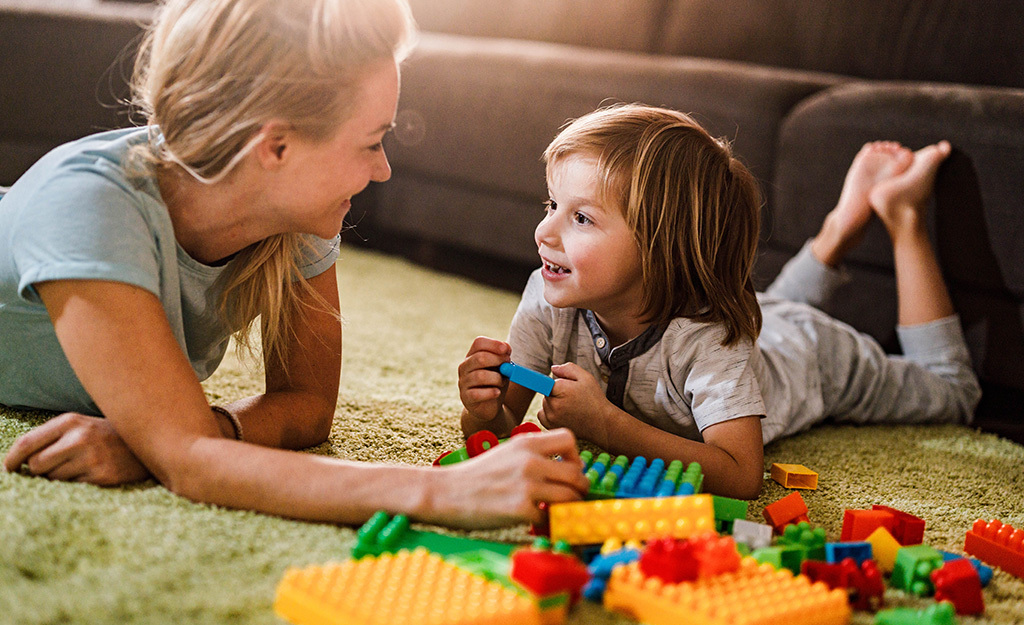Feed People Your Problems and Watch Them Run With It
Learning to talk

Chat, play, read!
Young children love it when you chat, play and read with them, even if you think they're too young to understand. You can turn almost anything into a game. And every little thing you do together will help set them up nicely for the day they start school.
Tips to help with speech development
Here are some tips and activities to help your child develop their speech skills:
- use things your child is interested in for play, follow their lead and make sure you're physically at their level while playing
- if you notice your child looking or pointing at something, talk to them about it before they lose interest in it
- picture books introduce your child to new things they haven't seen yet in real life – ask them to tell you the story, or talk about what the characters might be thinking and feeling
- make reading, singing and playing even more fun by using lots of actions and different voices
- take turns to make noises or speak – your child will be able to hold longer conversations, so slow down your speech, give them plenty of time to respond and listen carefully to what they have to say
- talk to your child in short, simple sentences, as it's easier for them to understand you and have a go at copying when they are ready
- try to use the same book or sing the same song, as young children learn a lot from repetition
Learning activities
Your local council may offer activities to help your child improve their communication, language and literacy skills.
Video: Make a paper puppet
Watch this video of a mum and daughter making a paper puppet together. They have so much to talk about and both get involved in the activity.
Ideas to help your child learn
Here are some ideas to help your child learn by chatting, playing and reading with them.
Learning more than one language
It's important to talk to your child in the language or languages you use.
A child learning more than one language should babble and say their first words in the same way as a child learning one language.
It is important not to confuse this slight delay with language difficulties – most children quickly catch up.
For more help on languages, have a look at the parent's questions on the National Literacy Trust website.

Help and advice
If your child is in nursery, the nursery will continue to review their development. When your child goes to school, your health visitor will inform the school nursing team about any extra support they're having.
If your child needs extra support, your health visitor or the school nurse can help. They may put you in touch with a speech and language therapist and you may also be offered support.
Ask your health visitor for support whenever you need it, they will be able to provide tips and advice.
Remember, children learn to talk at different ages. If you are worried, speak to your health visitor or nursery key worker. Or contact your local speech and language therapy service for advice.
For more ideas on how you can help your child, visit:
- BBC: Tiny Happy People
- Royal College of Speech and Language Therapists: Speech and language therapy
- I CAN: Talking Point
Sign up for emails
Get more tips and advice on your pregnancy, baby and parenting sent to your inbox.
Source: https://www.nhs.uk/start4life/baby/learning-to-talk/3-to-5-years/
0 Response to "Feed People Your Problems and Watch Them Run With It"
Post a Comment